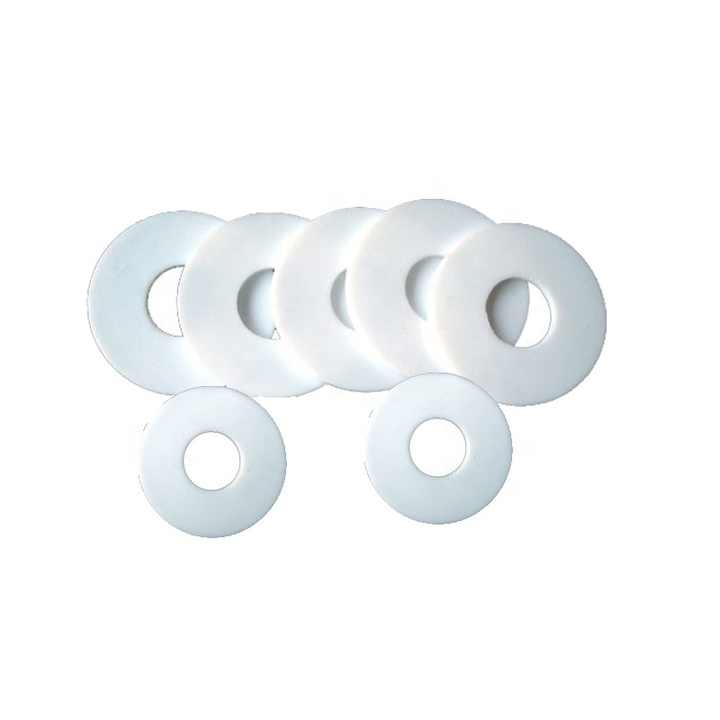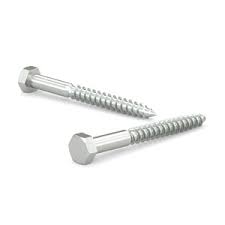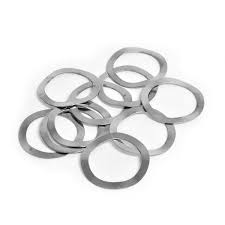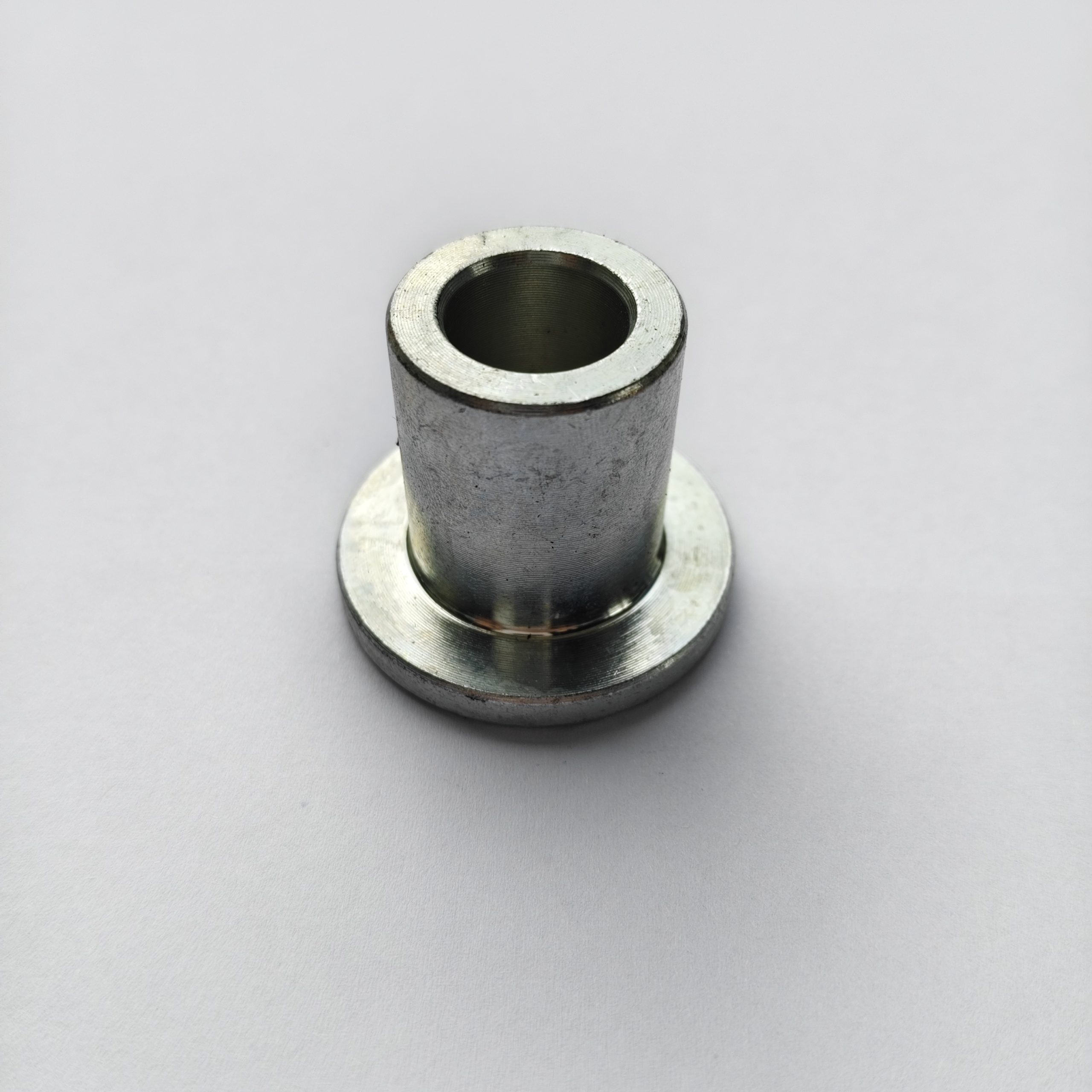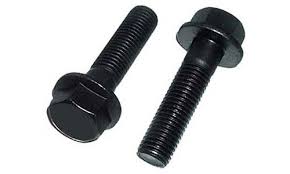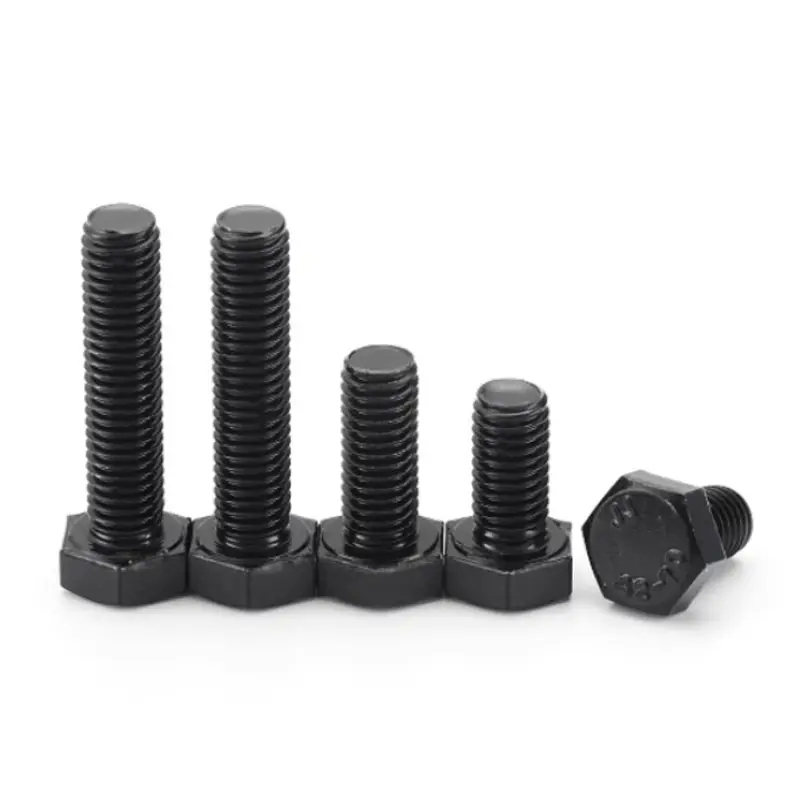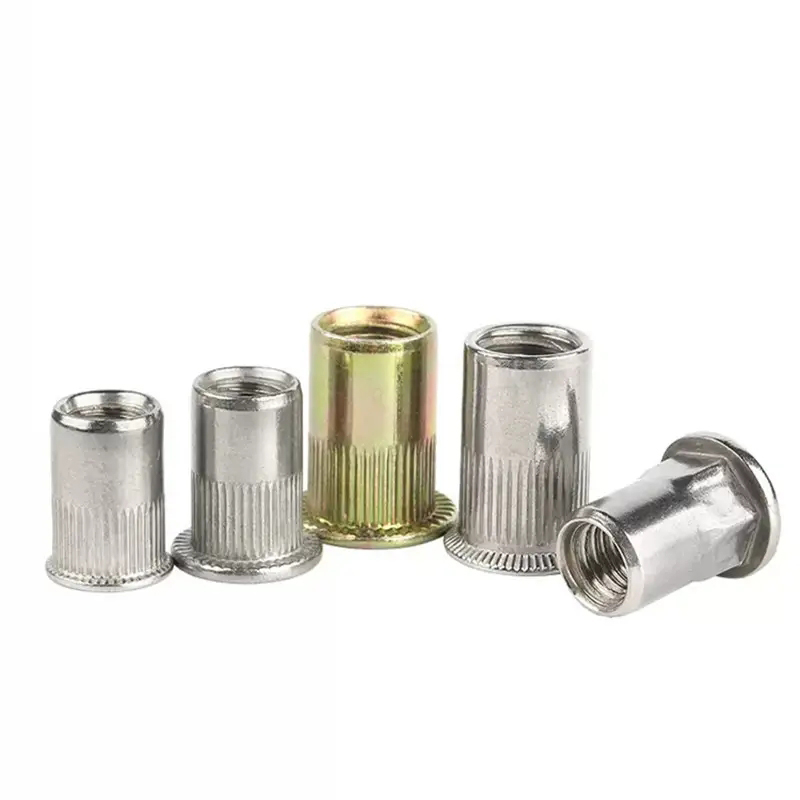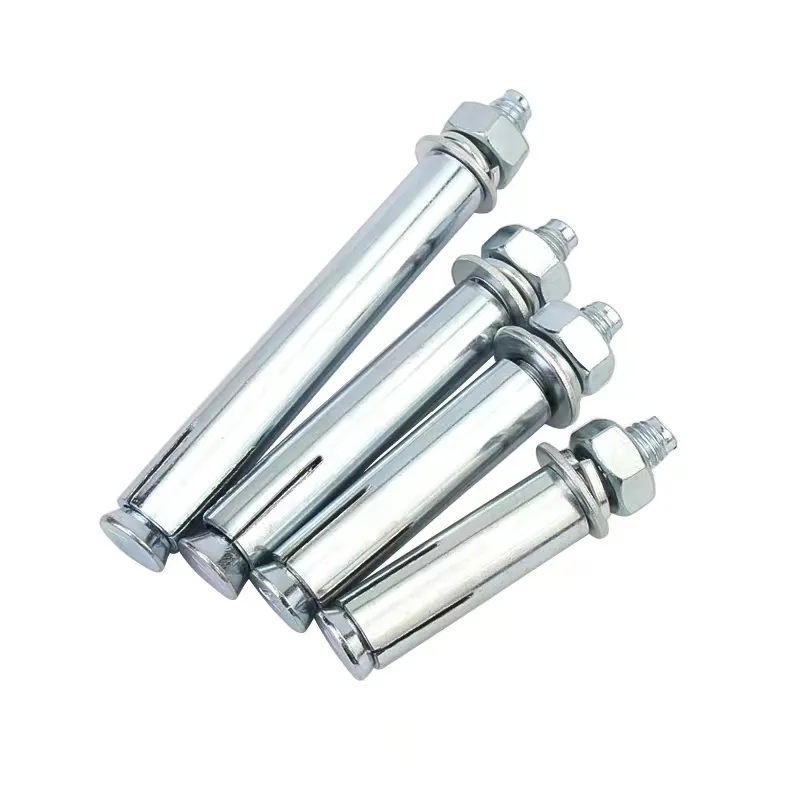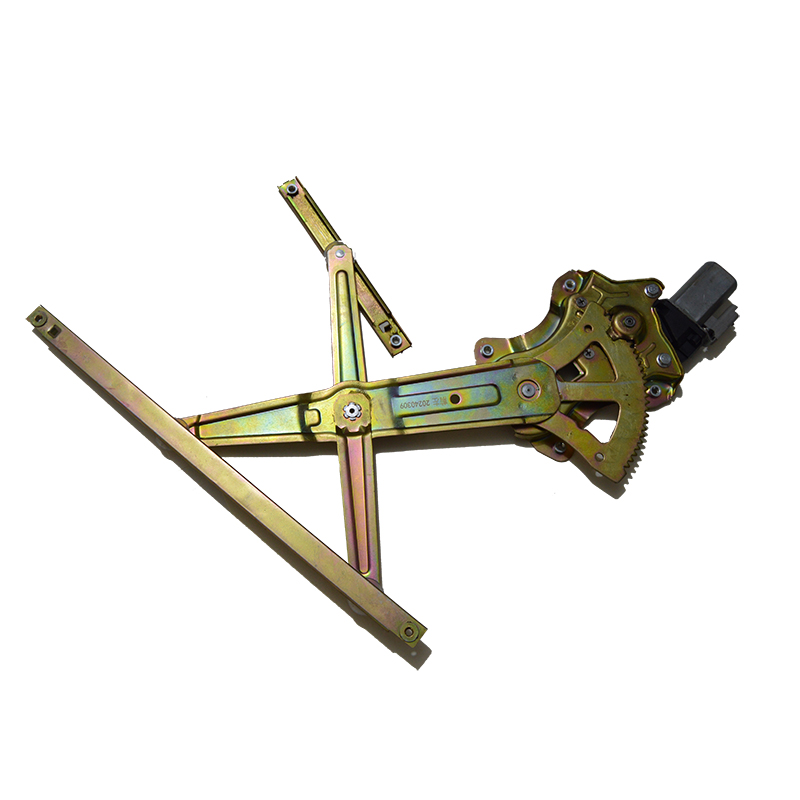

This guide provides an in-depth look at the world of clinch nut manufacturers, helping you understand the different types of clinch nuts, their applications, and how to choose the right manufacturer for your needs. We'll cover key factors to consider when selecting a supplier, including quality control, production capabilities, and overall reliability.
Clinch nuts are a type of fastening system that uses a specialized process to securely attach nuts to sheet metal without the need for welding or tapping. This makes them a highly efficient and cost-effective solution for various industries. They are often preferred for their strength, vibration resistance, and ease of installation.
There are several types of clinch nuts available, each designed for specific applications. These include standard clinch nuts, countersunk clinch nuts, and flanged clinch nuts. The choice depends on factors such as the material thickness, desired strength, and aesthetic requirements.
Clinch nuts find widespread use across numerous sectors. These include the automotive industry, electronics manufacturing, appliance manufacturing, and construction, among others. Their versatility and efficiency make them an attractive option for diverse fastening needs.
Selecting a reliable clinch nut manufacturer is crucial for ensuring the quality and longevity of your products. Key factors to consider include:
Thoroughly investigate potential clinch nut manufacturers to ensure they meet your quality standards. Request samples, review certifications, and check customer reviews to gauge their reputation and reliability.
While we can't provide a definitive top list without subjective ranking, researching potential suppliers based on your specific needs is crucial. A reputable manufacturer will have a detailed website outlining their capabilities, certifications, and customer testimonials.
For example, Hebei Dewell Metal Products Co., LTD (https://www.deweLLfastener.com/) is a significant player in the fastener industry, offering a wide range of high-quality products. Always perform your due diligence before selecting a supplier.
Compared to methods like welding or tapping, clinch nuts offer a quicker, more cost-effective, and often stronger solution for joining sheet metal. They eliminate the need for specialized tools in many cases.
Clinch nut installation typically involves specialized tooling that presses the nut into the sheet metal, creating a secure and permanent bond. The specific process varies based on the type of clinch nut and the tooling used.
Common materials for clinch nuts include steel, stainless steel, and various alloys, offering different levels of strength, corrosion resistance, and other properties.
| Feature | Clinch Nuts | Alternative Fasteners |
|---|---|---|
| Installation Speed | Fast | Can be slower (welding, tapping) |
| Cost | Generally lower | Can be higher (depending on method) |
| Strength | High | Varies depending on method |
Remember to always consult with a clinch nut manufacturer to determine the best solution for your specific application. This guide provides a foundation for understanding the market and making informed decisions.


